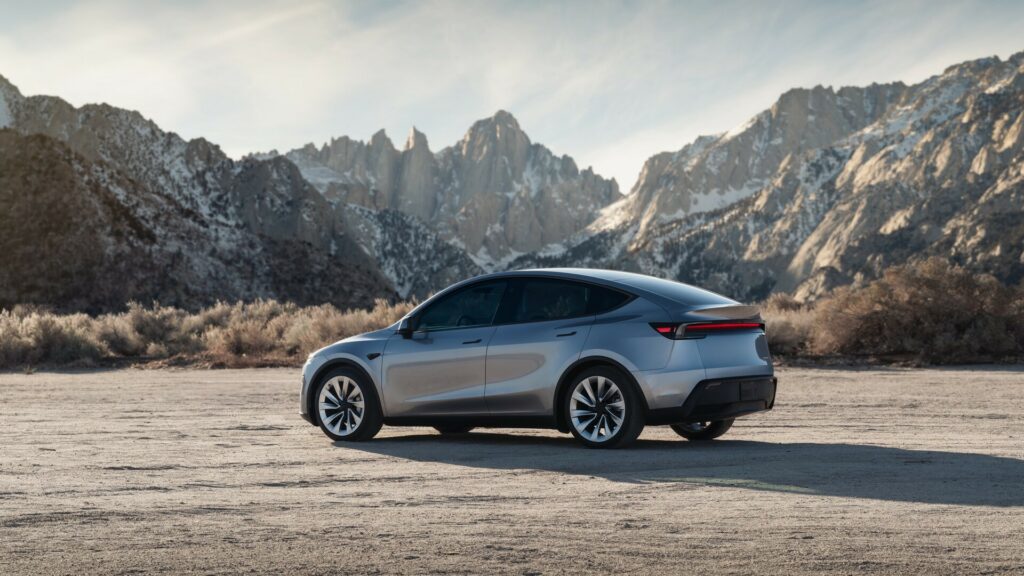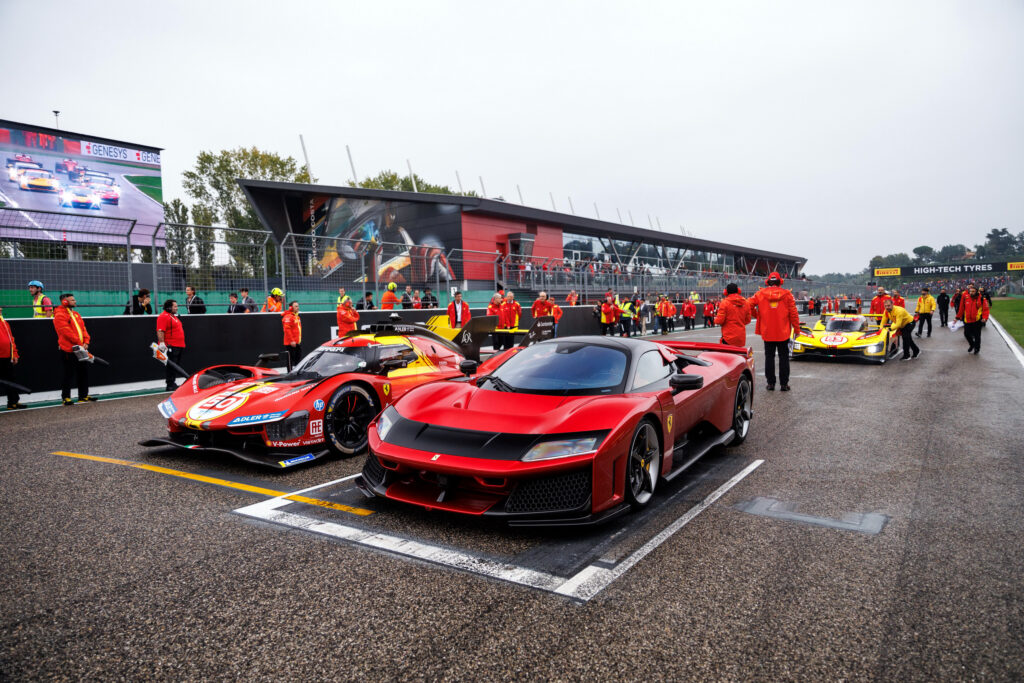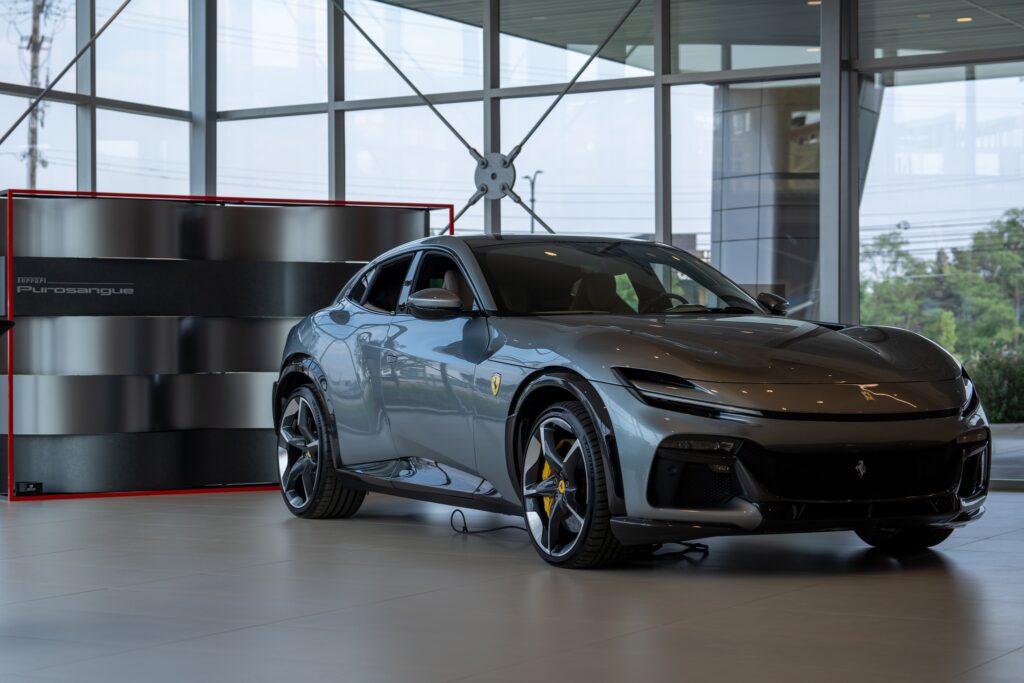Tesla Sales Plunge Across Europe Despite Model Y Juniper Launch
- Major declines in sales were reported in France, Sweden, Denmark, and Holland.
- However, Tesla sales have rebounded in countries like Norway, Spain, Portugal, and Italy.
- The EV leader is facing increased competition from Chinese brands in Europe.
Tesla will release its first-quarter sales figures later today, but before that happens, we already have some key sales data from several countries across Europe. It does not paint a pretty picture for the electric automaker that’s been struggling since Elon Musk became President Donald Trump’s right-hand man in the Oval Office.
According to the latest data, Tesla sold 3,157 new vehicles in France this March, a sharp 36.83% drop compared to the same time last year. It’s even worse in Sweden, where sales plummeted by 63.9% to just 911 units. Denmark saw a 65.5% decline (down to 595 cars), while the Netherlands reported a 61% drop, with 1,536 Teslas sold.
Read: Even Toyota Sold More EVs Than Tesla In Norway As Musk’s Brand Tanks 45%
These figures are important because the all-new Model Y has been available in most European markets since February 21, but it doesn’t appear to have reversed Tesla’s fortunes, at least not yet. Sales may start to climb once the public becomes more familiar with the new Model Y and get the opportunity to see it in the flesh.
Tesla is doing a little better in Norway. While the 2,211 models sold locally in March was down 1% from March last year, it was up significantly from January and February, when 1,606 Teslas found new homes. The Model Y was easily Norway’s best-selling new car in March, shifting 1,822 units, compared to the Nissan Ariya in second with 569 units sold.

Similarly, Tesla’s fortunes are also changing for the better in Spain, Portugal, and Italy, with sales climbing by 34.3%, 2.1%, and 51.3%, respectively, as reported by Reuters. Despite these gains, weak figures from January and February still mean quarterly sales are down in all three markets from Q1 2024.
Of course, it’s not just Musk’s involvement in US and European politics that has diminished the sentiment in the brand among some shoppers. In Europe, a growing number of Chinese car manufacturers are entering the market with competitively priced vehicles, despite tariffs placed against them.



